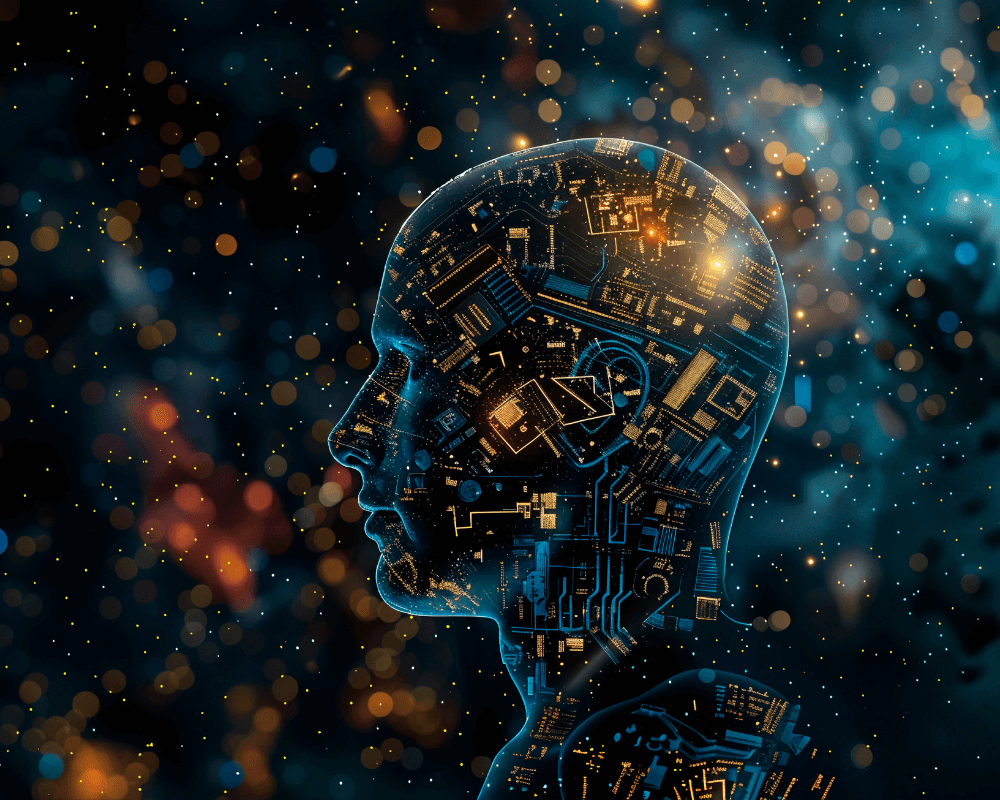February 14, 2025 By: JK Tech
The AI Action Summit took place in Paris on February 10-11, 2025, and convened world leaders and experts to discuss the promising future of Artificial Intelligence. French President Emmanuel Macron opened the summit in a surprising manner, using deepfake videos of himself to demonstrate just how advanced AI has become. The summit had participants from more than 100 nations—ranging from government leaders to tech leaders to talk about how AI is revolutionizing industries, governance, and the workforce.
The Global AI Race:
Although the event promoted cooperation, there was also a palpable feeling of competition present. Macron called for Europe to innovate more, setting itself up as a more formidable competitor in the AI race already being dominated by the US and China. Meanwhile, US Vice President JD Vance confidently stated that the US would continue to be the leading force in AI.
A key subject of discussion was hardware, with players highlighting the position that AI chips occupy in global rivalry. Pasqal company CEO, Georges-Olivier Reymond, described the need to control AI infrastructure for the sake of technological supremacy. China, with firms such as DeepSeek, is also taking a strong lead, fueling the already fierce competition.
France and China have entered into an international treaty with a focus on “inclusive and sustainable” AI, but the US and UK did not sign, leaving uncertainty as to how a coordinated global response to AI regulation could play out.
Innovation vs. Regulation: Finding the Right Balance
In contrast to past summits, where the threats of AI dominated the agenda, the Paris summit was more about showcasing the beneficial potential. France wanted to showcase how AI can fuel innovation and economic growth and present the world with its tangible advantages. US leaders, including Vance, emphasized the importance of prioritizing innovation instead of regulation, cautioning that too much caution could hinder progress. Macron echoed this sentiment, urging Europe to enhance its AI development efforts.
But then there were some who believed that although innovation is important, regulation cannot be neglected. Matthew Victor, co-founder of the Massachusetts Platform for Legislative Engagement (MAPLE), believed that AI could be utilized to make democracy stronger, society better, and economic opportunities available, if developed and regulated in a responsible manner. According to many people present there, we must find a balance so that AI can actually benefit all without harming them.
What’s Next for AI?
With AI changing so fast, it’s becoming more challenging for policymakers to keep pace. However, the experts at the summit concurred that events such as this create a valuable platform for constructive conversation, guiding future policies and regulations.
A key area to keep an eye on is the intersection of artificial intelligence and quantum computing. Reymond highlighted how these two fields are becoming more closely linked, with quantum computing set to play a huge role in AI’s future. Experts predict that in just a few years, this combination could bring about breakthroughs as significant as the ones we’ve seen with AI tools like ChatGPT. Governments and industries need to be prepared for this next wave of change.
The next global AI summit will be held in India, where the big questions about AI’s future will continue. By then, the technology will likely have advanced even further, and it will be fascinating to see how the global conversation evolves.
The AI Action Summit in Paris has given us more questions than answers, but one thing is certain: the future of AI is potential-packed. The question will be how to ensure it’s made for the benefit of society without losing the upper hand.



